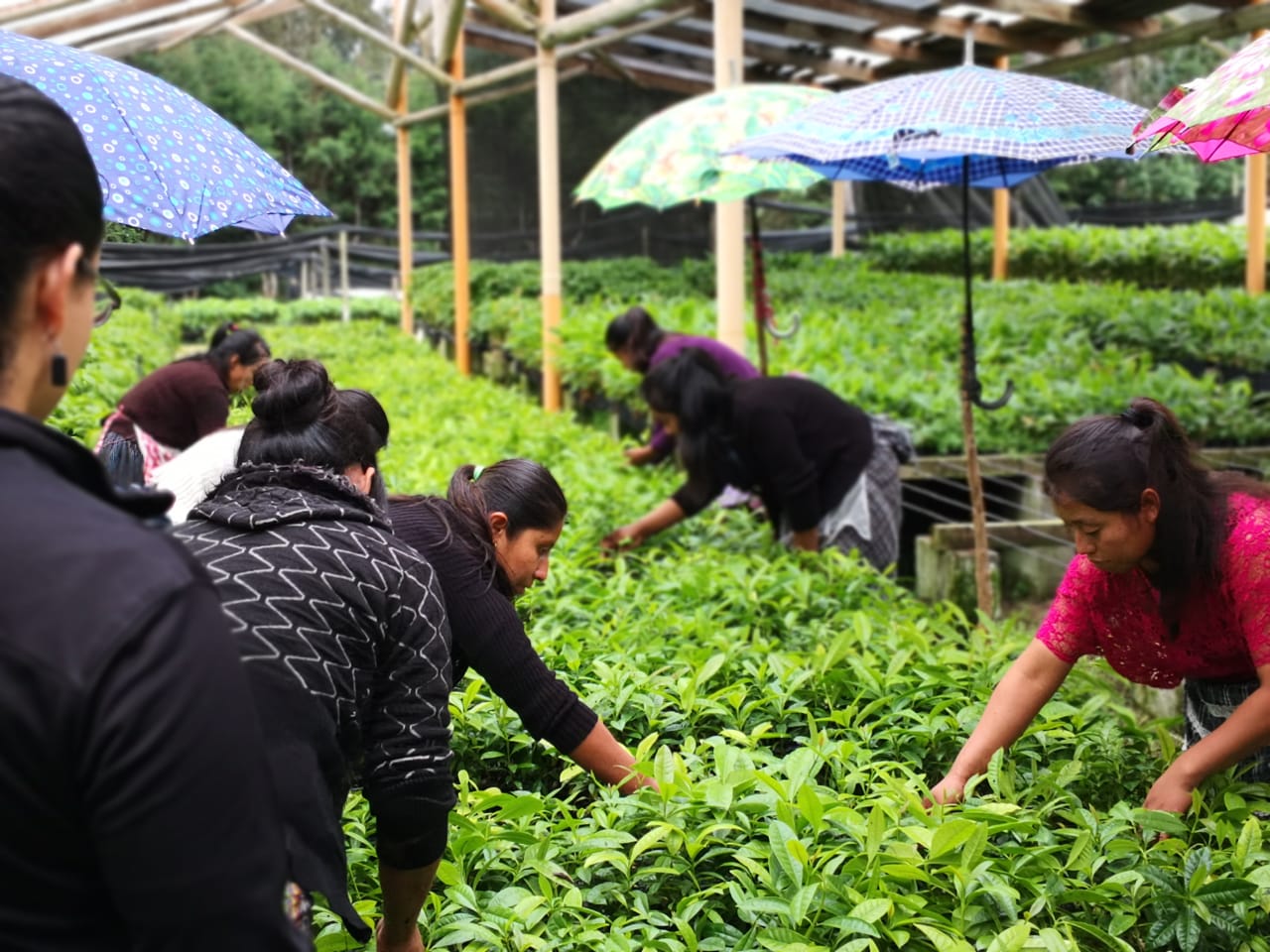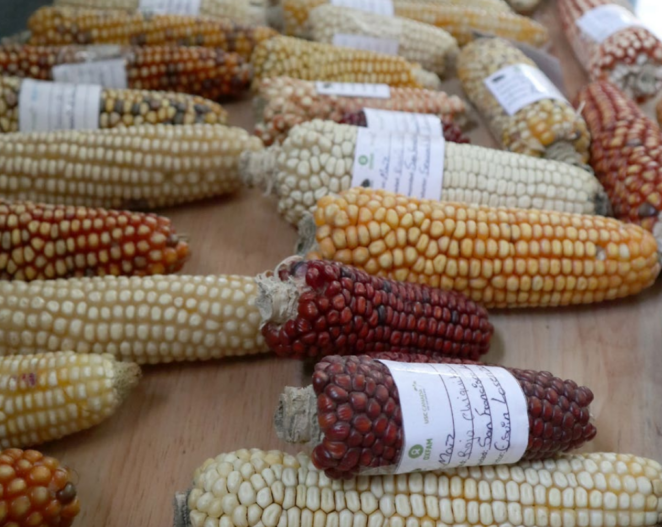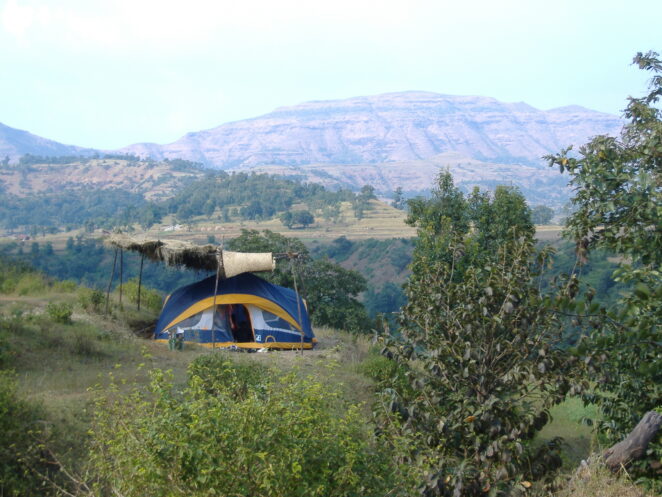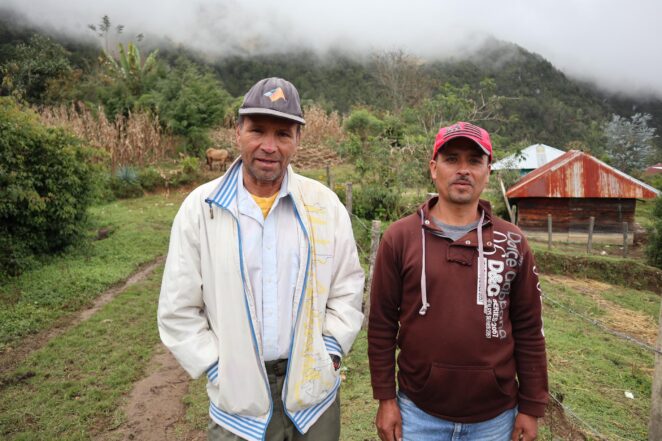Why context matters in ecosystem resilience: Five insights from India and Guatemala

Introduction – The Importance of Context in EbA
The link between healthy ecosystems and resilience to climate change is well established. Healthy ecosystems absorb greenhouse gas emissions and “reduce vulnerability to climate-related extreme events and other economic, social and environmental shocks and disasters.” What is perhaps less well known is the role of social capital – simply defined as the existence of shared values and connections that enables individuals and groups to work together to solve common challenges – in adapting to climate change. The interplay among these and other determinants of ecosystem health are at the heart of the Ecosystem-based Adaptation (EbA) approach. EbA can be defined as “the use of biodiversity and ecosystem services as part of an overall adaptation strategy to help people to adapt to the adverse effects of climate change.’ In order to understand how these interrelationships play out at the local level, TMG Research and its partners carried out an analysis of longstanding community resilience initiatives at several study sites in India and Guatemala. Carried out between 2019 and 2020, the study provides five key insights on how to enhance bottom-up EbA processes.*Download the full report from the right hand column. The key messages from the report are provided below. See the full text for more detail. The report is also available in Spanish.
Methods
The objective of this EbA (Ecosystem-based Adaptation) research was two-fold: (1) to assess the effects of EbA action on ecosystem health, livelihoods, and adaptive capacities; and (2) to analyse the conditions under which EbA can generate benefits for natural resource-dependent communities. The key messages highlighted in this paper focus on the second research objective. Two study sites in each country were selected. In Guatemala, the studies were conducted in the eastern and western highlands respectively, while in India the study sites were in the Western Ghats of Maharashtra (central west India). Despite their many differences, the two countries make for an interesting comparative analysis. Both are highly vulnerable to climate change, while also being confronted with development challenges such as high malnutrition, socioeconomic inequality, and poverty. In this paper, we distill lessons from the four longstanding programmes in Guatemala and India. While they had diverse starting points, ranging from watershed development and community empowerment to sustainable forest management, our analysis reveals that as these projects adapted to new challenges and sought to manage the inevitable trade-offs between nature conservation and human development, they became more closely aligned with the concept of EbA. By examining the different trajectories of these projects, this paper highlights some of the enabling (as well as hindering) conditions under which EbA can be effectively implemented, yielding multiple benefits beyond a specific project lifetime.Five Key Insights
Empowerment of local communities is a prerequisite for EbA action. Our study found that EbA delivers for people where inclusive and participatory modes of governance are well established. Village-level committees, such as those convened by partner Watershed Organisation Trust (WOTR) in Maharashtra, India, work as consultative bodies, ensuring broad ownership of decisions made. They can also oversee the agreed natural resource management processes such as water allocation – so that water is shared fairly and used sustainably – or forest management. Community-run seed banks in San Francisco, Guatemala are another example of a community-based knowledge resource. Community based organisations can play an important role in catalysing EbA processes. Our research further revealed the crucial role that civil society organisations (CSOs) play in orchestrating and amplifying EbA actions. With their extensive knowledge of local contexts, community-embedded CSOs, such as farmer organisation Association of Organisations of the Cuchamatanes (ASOCUCH) in Huehuetenango region in Guatemala, often enjoy a high degree of trust, and are therefore able to ensure that local adaptation needs are taken into account in higher-level climate planning and in government bodies. As ‘bridge-builders’, these organisations can facilitate the empowerment of local people.
Local maize varieites labelled in a community-run seedbank established by ASOCUCH in San Francisco, Guatemala. The seedbanks store a broad range of varieties adapted to local conditions, including more drought tolerant native varieties. (Photo: TMG Research)
In addition to fostering environmental and social principles, EbA initiatives need to make economic sense.
Investing in EbA, especially for smallholder farmers, requires upfront investments. In order to take on the considerable risks involved in transitioning to more sustainable farming practices, farmers need to understand that such efforts will pay dividends in the long run. But for many farmers, the capital outlay required may simply be out of their reach. It is therefore essential that community EbA initiatives also explore non-farm financial incentives to boost farmers’ income.

EbA can be used to generate additional income sources for local communities, for example through ecotourism activities in India. (Photo: WOTR)
EbA entails managing trade-offs among different interests. EbA projects almost always involve making choices among competing options or exploring how best to balance equally valid economic, social, and environmental imperatives. The need to conserve forests may conflict with practices of firewood gathering, while in contexts of scarcity the needs of all villagers for drinking water may pose challenges for farmers irrigating their fields. To safeguard the needs and interests of all stakeholders, it is therefore important to ensure that EbA decisions are mediated by legitimate participatory local governance processes. As public goods, EbA funds must be accessible to local communities. If well designed and executed, EbA initiatives can help to redress unequal resource allocation and power imbalances that aggravate the vulnerability of women, indigenous communities and other groups. This can be done, for example, through providing access to climate-resilient seeds, or channeling a portion of payments for ecosystem services generated through community efforts.
Lessons Learnt
In conclusion, we found that EbA projects build on a pre-existing landscape of programmes, projects and governance structures.This history matters when introducing or upscaling EbA. Successful EbA projects will be designed with an understanding of both the strengths and shortcomings of existing initiatives, harnessing and adapting the former, while integrating them into EbA’s systemic approach. The paper provides 8 Key Messages:- Recognise communities as lead actors in EbA initiatives.
- Foster social organisation and collective action.
- Acknowledge the vital intermediary role of local support organisations.
- Local knowledge must be complemented by ecosystem-level knowledge.
- Enhance ecosystem-based livelihoods.
- Include conflict resolution in EbA and ensure compliance with safeguards.
- Make funding available to local organisations.
- Consider the history of pre-existing initiatives.
Suggested citation
Stiem-Bhatia L., El Fassi M., de Condappa D., Weigelt J., Benavides L., Mwangi W., Pérez E., Sajvin A., De León R., D’Souza M., Srinidhi A., Porta M. and Rodríguez A. (2021). Ecosystems for resilience Enabling community-led adaptation: Five key insights from Guatemala and India. Policy Paper. TMG, WOTR, WWF, ADIMI.
The Climate-SDG Integration project: Supporting the implementation of the Paris Agreement and the 2030 Agenda through Ecosystem-based Adaptation (2015–2021) is implemented by a consortium of partners, namely: TMG Research gGmbH (Berlin, Germany); WWF Mesoamerica and ADIMI (Guatemala City, Guatemala); and WOTR (Pune, India). Funded by the International Climate Initiative (IKI) of the German Federal Ministry for the Environment, Nature Conservation and Nuclear Safety (BMU), the project’s core objective was to develop roadmaps for scaling up EbA in India and Guatemala.
Related resources
- Resilience: An Introduction
- From Watershed Development to Ecosystem-based Adaptation: A journey to systemic resilience
- Building Resilience to Floods and Rain-Induced Landslides in Barangay Napaan
- Designing Effective Locally Managed Areas in Tropical Marine Environments
- The Buffelsdraai Community Reforestation Project
- Ecosistemas para la resiliencia Propiciando la adaptación dirigida por la comunidad: Cinco conceptos claves de Guatemala y la In
(0) Comments
There is no content